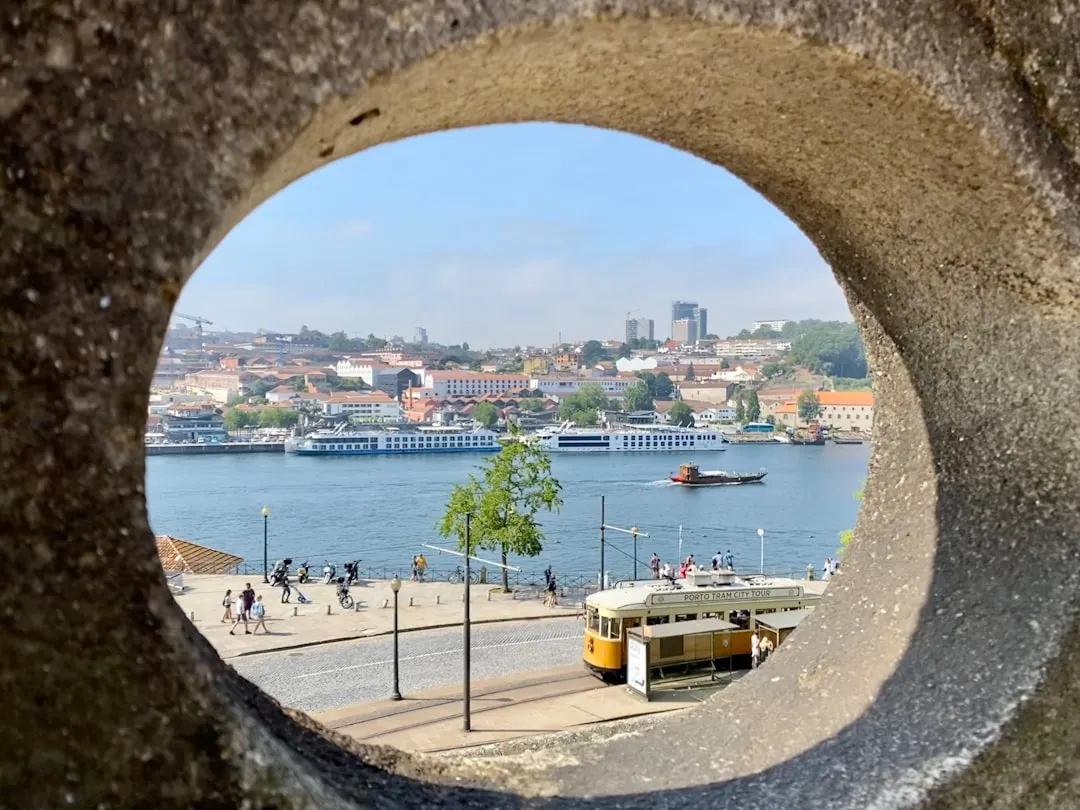If you're considering a move to Portugal, one of the most significant decisions you’ll face is whether to rent or buy property.
Portugal offers a diverse range of housing options that cater to various lifestyles, budgets, and preferences. In this article, we’ll delve into the advantages and disadvantages of renting versus buying in Portugal, highlight essential factors to consider, and provide insights into the Portuguese real estate market to help you make an informed choice.
Renting in Portugal
Renting is a popular choice for newcomers and those seeking flexibility, especially when first relocating to Portugal. Here are some key points to consider:
Pros of Renting
- Flexibility: Renting allows you to explore different neighborhoods and cities before committing to a permanent residence. It’s an excellent option if you wish to experience various regions of Portugal or if your personal or professional circumstances might change.
- Lower Initial Costs: Upfront costs for renting are generally much lower than those associated with buying. Typically, you’ll need to pay a deposit (often equivalent to one or two months’ rent), the first month’s rent, and possibly a small agency fee. This is far more affordable than the expenses related to purchasing, which include a mortgage down payment, notary fees, and taxes.
- No Long-Term Commitment: Rental agreements in Portugal are generally for one year, with the possibility of renewal, offering you the flexibility to adjust your living situation without being tied to a property for the long haul.
- Maintenance-Free Living: As a renter, property maintenance typically falls to the landlord, freeing you from the costs and responsibilities associated with repairs. This can be particularly advantageous in older Portuguese properties that may require frequent upkeep.
To kick off your search for rental properties in Portugal, consider platforms like OLX or Idealista. For fully furnished, flexible-term rentals in major cities, Blueground is an excellent choice for expats and digital nomads seeking ready-to-move-in homes.
Cons of Renting
- Lack of Investment: Renting means your monthly payments contribute to someone else’s property rather than building equity in your own home.
- Rent Increases: Depending on the region, rental prices can rise when your lease comes up for renewal. Cities like Lisbon and Porto have seen sharp increases in rental prices, making it challenging to find affordable options.
- Less Stability: Renting may not provide the same long-term stability as homeownership, particularly if your landlord decides to sell the property or if rental prices become unaffordable.
Buying in Portugal
For those looking to settle in Portugal for the long term, purchasing property can be an appealing option. The country boasts a vibrant real estate market with a variety of properties, from modern apartments to quaint countryside homes.
Pros of Buying
- Long-Term Investment: Buying property in Portugal can be a solid investment, especially in areas experiencing high demand. While market fluctuations can occur, homeownership allows you to build equity over time.
- Stability and Security: Owning your home provides peace of mind. You won't have to worry about rising rental prices or being asked to vacate by a landlord. You can also make renovations and modifications to suit your taste.
- Potential for Rental Income: If you purchase property in tourist-heavy areas like the Algarve or Lisbon, you can rent it out to vacationers or long-term tenants when you’re not using it. This can help offset your mortgage costs.
- Government Incentives: Portugal offers attractive tax benefits for homeowners, including exemptions on certain capital gains taxes and the potential to qualify for the Golden Visa program, which grants residency to foreign investors purchasing properties worth at least €500,000.
To browse properties for sale, Idealista is a reliable resource. Another useful site is Casa Sapo, which specializes in real estate listings across Portugal. If you’re interested in rural properties, you might find useful listings on the website of Portugal Property.
Cons of Buying
- High Upfront Costs: Purchasing a home in Portugal involves significant upfront expenses, including a down payment (typically 20-30% of the property price), notary fees, legal fees, and various taxes. These can accumulate quickly and should be factored into your budget.
- Long-Term Commitment: Buying a home is a substantial commitment, both financially and geographically. If your circumstances change, selling a property can take time, particularly in slower markets.
- Property Maintenance: As a homeowner, you bear the responsibility for all maintenance and repair costs. Older properties, especially in historical areas, may require considerable upkeep.
Factors to Consider
When deciding whether to rent or buy in Portugal, several key factors should be taken into account:
- Location: Major cities like Lisbon and Porto have seen sharp increases in both rental and property prices, while smaller towns and rural areas tend to be more affordable. Consider whether you prefer a bustling urban environment, a coastal locale, or the tranquility of the countryside.
- Length of Stay: If you’re planning to stay in Portugal for only a few years, renting may be more practical. However, if you intend to settle long-term, buying could represent a more valuable investment.
- Finances: Assess your financial situation carefully. Do you have sufficient savings for a down payment and the additional costs associated with buying? Or would renting and saving for a future purchase be more feasible?
- Portuguese Real Estate Market: The property market in Portugal varies by region. In some areas, property values are steadily increasing, while others may not offer the same potential for return on investment. Research specific areas you’re interested in to gauge market trends.
- Residency Status: Non-EU citizens should consider how their residency status might impact their property purchase. The Golden Visa program is a popular route for investors, while renting may be a simpler option for those without immediate plans for permanent residency.
Conclusion: Renting or Buying?
Deciding whether to rent or buy in Portugal ultimately hinges on your individual circumstances, financial situation, and long-term aspirations. Renting offers flexibility and lower initial costs, making it ideal for newcomers or those looking to explore various regions. Conversely, purchasing a home can be a worthwhile investment for those planning to stay long-term, providing stability and the potential for financial growth.
Both options come with their unique advantages and challenges. A careful evaluation of your goals, budget, and lifestyle will guide you in making the best choice for your new life in Portugal.
Helpful Resources for Housing Searches
- Idealista: A valuable platform for both renting and buying properties throughout Portugal.
- Blueground: Ideal for fully furnished, flexible rental options.
- Casa Sapo: A reliable resource for real estate listings for sale or rent.
- Portugal Property: Focuses on rural properties and traditional homes available for purchase.




